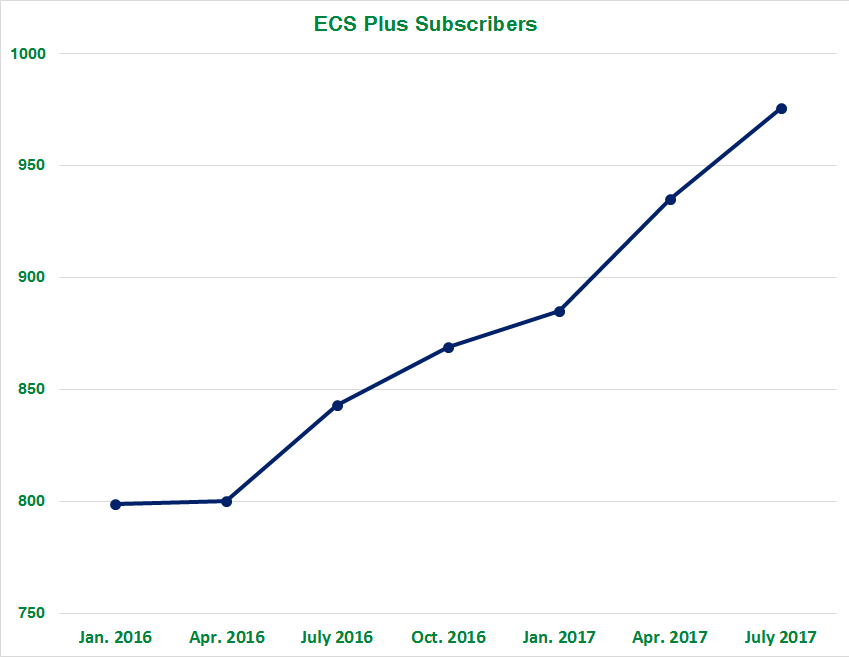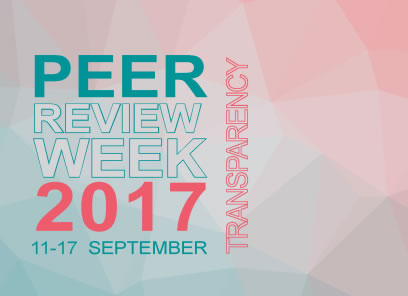 The third annual Peer Review Week will take place September 11-17, featuring a series of panels, webinars, interviews, and communications on the multidimensional and imperative topic of peer review.
The third annual Peer Review Week will take place September 11-17, featuring a series of panels, webinars, interviews, and communications on the multidimensional and imperative topic of peer review.
Though no one peer review process is quite the same as the next, scientists around the world depend on peer review. Whatever its form—closed, open, even post-publication—good peer review ensures quality in scientific research and communication. It evaluates the legitimacy of scholarly work and offers potential for the improvement and expansion of research.
Peer Review Week is a global event aimed at honoring the fundamental role peer review plays within the scholarly community. More than that, though, Peer Review Week extends authors, reviewers, and thinkers worldwide an opportunity to analyze the construct of peer review in its many shapes—to assess its many challenges and successes while considering its future.
The theme of Peer Review Week 2017 is “Transparency in Review.” The week’s events will deliberate what transparency means in peer review and examine its connection to scholarly accountability.
The week will feature virtual and in-person events from Monday, September 11 through Friday, September 15. Be sure to check out the full listing of Peer Review Week 2017’s activities.


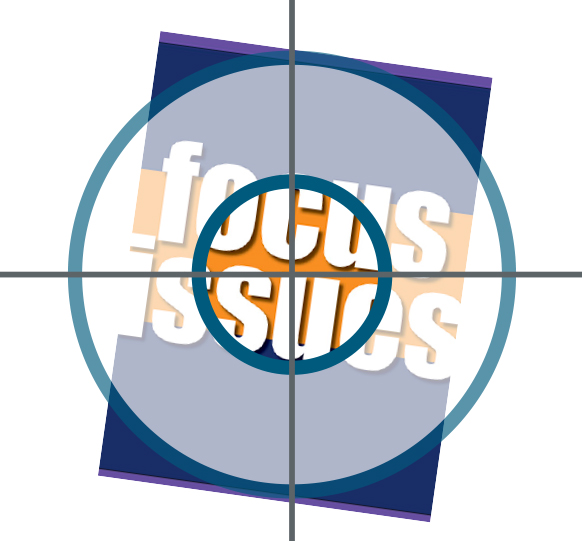 The
The 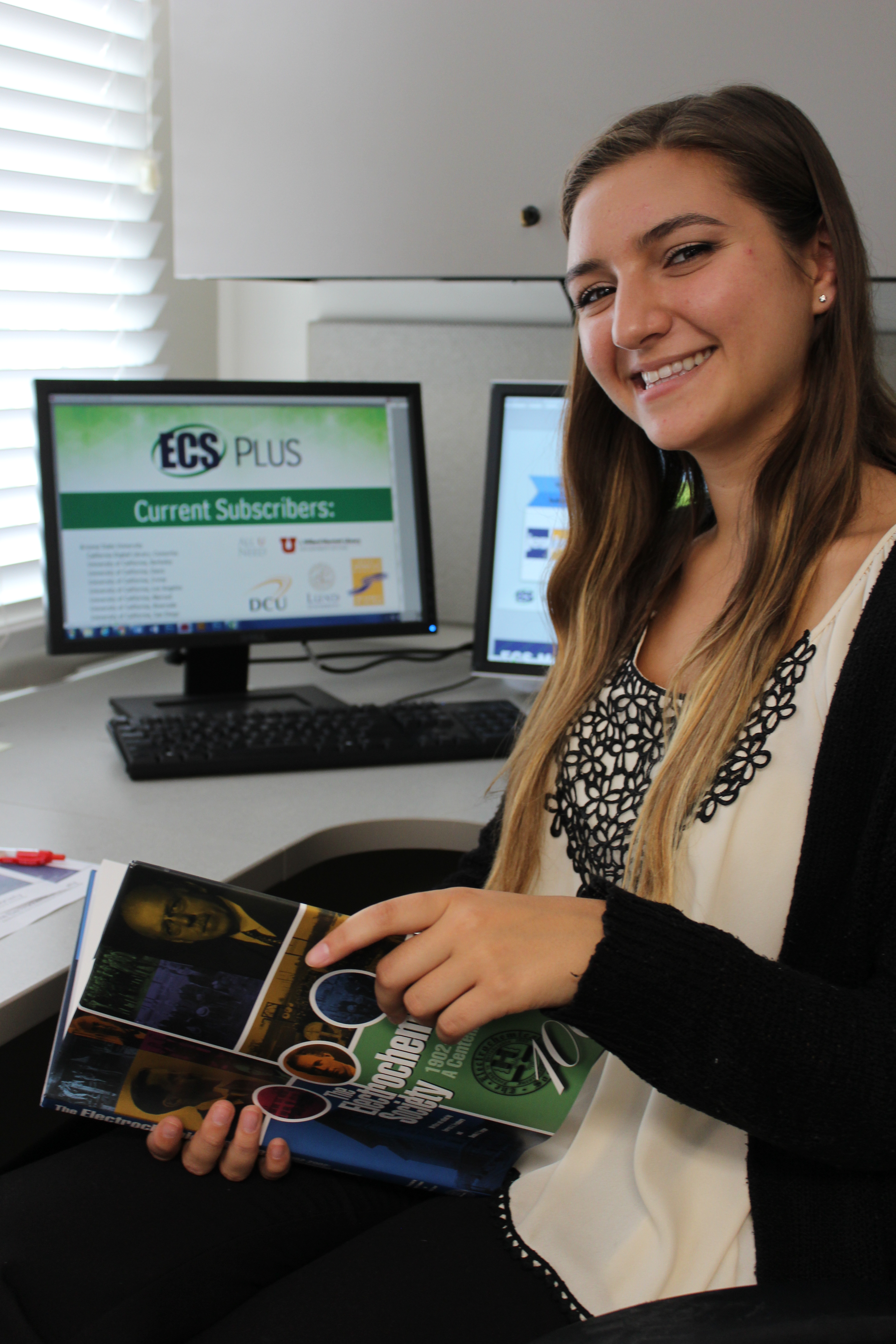
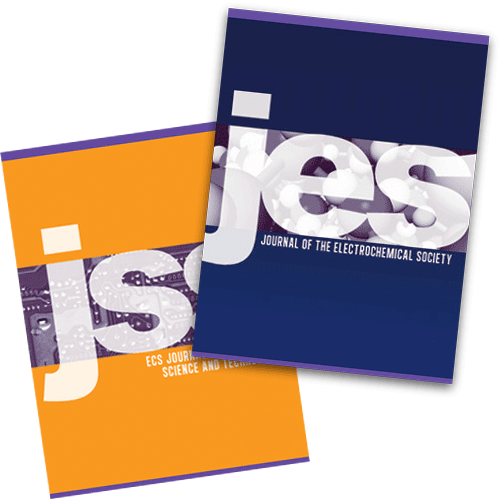 Tech Highlights was prepared by David Enos, Mara Schindelholz, and Mike Kelly of Sandia National Laboratories, Colm Glynn and David McNulty of University College Cork, Ireland, and Donald Pile of Rolled-Ribbon Battery Company. This article was originally published in
Tech Highlights was prepared by David Enos, Mara Schindelholz, and Mike Kelly of Sandia National Laboratories, Colm Glynn and David McNulty of University College Cork, Ireland, and Donald Pile of Rolled-Ribbon Battery Company. This article was originally published in 
